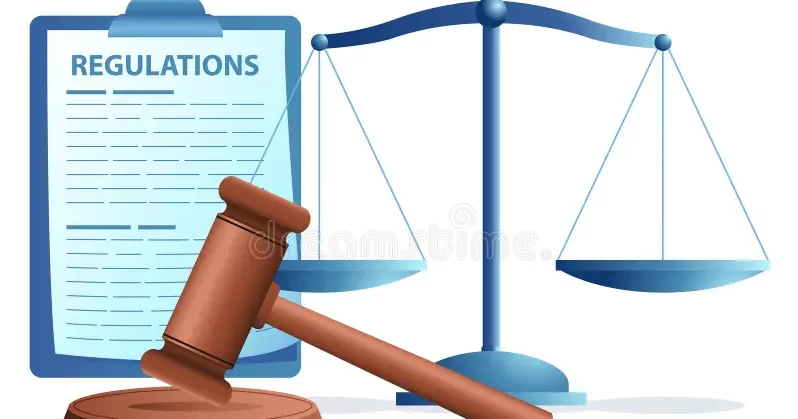Introduction
Imagine you have just sealed a big deal. You’ve shaken hands and exchanged smiles, and you’re feeling on top of the world. You are already calculating the amount of money you will get based on the deal. You are already thinking of the name you will make for yourself through the agreement. Everything seems perfect or so you thought. Well, it might go perfectly well. But what if things go south? What if the other party doesn’t hold up their end of the bargain? What should be your next move if your plan does not go as envisaged? This is where your contract comes in. It’s like an insurance policy for your business. But for it to be effective, it needs to have the right ingredients. These ingredients make up an effective contract. So today, we will discuss those essential clauses that could save your business from a world of hurt.
Understanding the Basics
A contract is a legally binding agreement between two or more parties. It’s like saying, “I promise to do this for you if you promise to do this for me”, and then both of you have to follow through or there will be consequences. It outlines the terms and conditions of a deal. Now, not all contracts are created equal. Some are as strong as reinforced concrete, while others are as flimsy as tissue paper. The difference in each of these contracts lies in the clauses.
Now, let’s discuss a little about clauses. Think of clauses as the building blocks of your contract. Each one plays a crucial role in protecting your interests. Let’s break down some of the most important ones:
- Offer and Acceptance: This is the foundation of your contract. It outlines what you’re offering and the other party’s acceptance of those terms. Without these, there’s no deal.
- Consideration: This is what each party brings to the table to facilitate the contract. It could be money, goods, services, or even a time-bound promise used as a tool for a contract/deal. It’s the ‘what’s in it for me’ part of the deal.
- Parties Involved: Clearly state who is involved in the contract. This might seem obvious, but it’s crucial for avoiding misunderstandings and ambiguity. Parties are used in different terminologies depending on the nature of the contract. For instance, parties in a contract for the purchase of a property will be termed as Vendor and Purchaser, while the contract for hire purchase will be coined as buyer and seller, etc.
- Subject Matter: What is the contract about? Clearly define the goods or services being exchanged. A chronicle detail of the contract may be apt at this point, which can be outlined in what is known as the ‘recital’ of the contract.
- Terms & Covenant: How long will the contract subsist? This could be a specific period or based on certain conditions. Covenants and obligations that both parties must honour in the contract, is also not left out at this point.
- Termination: What happens if the contract ends abruptly? Outline the conditions for termination and the consequences. Specify the type of notices that must be adopted pre-termination.
These are just a few examples. Countless other clauses might be relevant to your deal, as the clauses cannot be exhausted in this space.
Protecting Yourself: The Nitty-Gritty
While the basic clauses are important, it’s the details that can make a difference. Here are some additional clauses to consider:
- Force Majeure: This clause protects you from events beyond your control like natural disasters, wars, or economic crises.
- Dispute Resolution: How will disagreements be handled? Will you go to court, or will you use arbitration or mediation?
- Confidentiality: Protect your business secrets with a confidentiality clause.
- Indemnification: This clause determines who is responsible for reimbursing or compensating for losses or damages.
- Payment Terms: Clearly outline when and how payments will be made.
Real-Life Scenarios
Let’s say you’re starting a small business and you’re renting a space. Without a solid contract, you could find yourself in a sticky situation if the landlord decides to increase rent drastically or even evict you without proper notice. A well-drafted contract with clear termination clauses and rent increase terms can save you a lot of headaches.
Or imagine you’re partnering with another business. A confidentiality clause can protect your valuable business secrets/trade secrets from being shared with competitors.
Final Thoughts
A contract is more than just a piece of paper. It’s a tool to protect your business. By understanding the essential clauses and tailoring them to your specific needs, you can significantly reduce your risk. Remember, prevention is always better than cure. So, before signing on the dotted line, make sure you’ve got a solid contract in place.
Disclaimer: While this blog post provides general information, it’s not a substitute for legal advice. It’s always recommended to consult with a lawyer for specific legal counsel.









